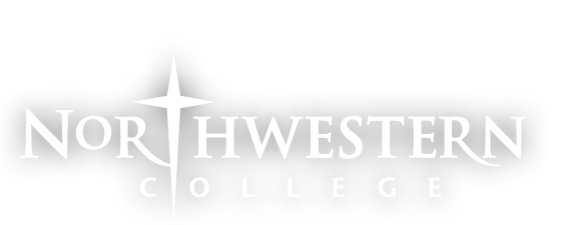Abstract
Many plants possess medicinal properties. Some, such as the Pacific yew, have yielded chemotherapeutic drugs (taxanes). Scientists report that other extracts such as the leaves of Calendula officinalis (marigold), Vinca rosea (periwinkle), Viscum cruciatum (mistletoe), and Rosmarinus officinalis (rosemary) have anti-tumor activity. In most cases, the chemical components responsible for antiproliferative activity have not been identified and it is unclear if any individual components are as effective in isolation as they are in the context of the whole extract. Furthermore, in most cases, there are no data indicating whether these extracts have synergistic effects or cause negative reactions when used with other drugs. We are using HeLa (adenocarcinoma), RAW 264.7 (leukemia), HepG2 (hepatoma), MDA-MB-231 (adenocarcinoma), and human foreskin fibroblasts (HFF, non-tumorigenic) to test the antiproliferative activity of several plant extracts. We identified five extracts, grapeseed, guava, yew, juniper berry, and Vinca, that slow the growth of all five cell lines in a dose-dependent manner. We are using a variety of methods to understand the mechanism by which these extracts are blocking cell growth.
Included in
Understanding the Antiproliferative Activity of Plant Extracts
Many plants possess medicinal properties. Some, such as the Pacific yew, have yielded chemotherapeutic drugs (taxanes). Scientists report that other extracts such as the leaves of Calendula officinalis (marigold), Vinca rosea (periwinkle), Viscum cruciatum (mistletoe), and Rosmarinus officinalis (rosemary) have anti-tumor activity. In most cases, the chemical components responsible for antiproliferative activity have not been identified and it is unclear if any individual components are as effective in isolation as they are in the context of the whole extract. Furthermore, in most cases, there are no data indicating whether these extracts have synergistic effects or cause negative reactions when used with other drugs. We are using HeLa (adenocarcinoma), RAW 264.7 (leukemia), HepG2 (hepatoma), MDA-MB-231 (adenocarcinoma), and human foreskin fibroblasts (HFF, non-tumorigenic) to test the antiproliferative activity of several plant extracts. We identified five extracts, grapeseed, guava, yew, juniper berry, and Vinca, that slow the growth of all five cell lines in a dose-dependent manner. We are using a variety of methods to understand the mechanism by which these extracts are blocking cell growth.

